Mortgage shopping has never been easier — so what’s stopping you?
A credit report provides a summary of credit history including bill payment and debt repayment with credit providers such as banks and retail stores. It also shows records that may affect creditworthiness such as court judgments, bankruptcies or liens. FCAC provides information about how to obtain free credit reports and the steps that can be taken to improve credit scores.
“Good credit gives leverage that can be used to your advantage when negotiating a mortgage. A bad report could see the lender refuse to approve, ask for a larger down payment or co-signer, or approve with a higher interest rate.”
When it comes to interest rates, a difference of a fraction of a per cent can equate to thousands of dollars over the life of a mortgage. But according to an Angus Reid survey, when renewal time rolls around, more than a quarter of Canadian households allow their mortgage to automatically renew with their existing lender rather than seek a better deal.
Lenders typically send out renewal notices 30 days before a mortgage term expires.
(Federal regulations stipulate that they must be sent at least 21 days prior to the end of the term).
“Consumers are not obliged to renew with the same institution and need to start seriously looking around about four months before the renewal date,” says Hauser.
Many institutions offer a 120-day early renewal which allows mortgage holders to renew before the maturity date without penalties. This can help save interest costs if rates rise before the regularly scheduled renewal date.
For those intimidated by the negotiation process, or who lack the time to do the necessary research, a mortgage broker can take up the slack. “Brokers account for 25{ea18e790148ddb141722068dfb73f9f74b06205fa18c7d39ece0e7144d0672b8} of the mortgage market in Canada. They have access to a wide range of products and are trained to assist purchasers whether it is a first mortgage or refinancing,” says Jim Murphy, president and CEO of the Canadian Association of Accredited Mortgage Professionals (CAAMP).
But a great rate is not the only important consideration in getting the best deal, says Murphy. “When speaking with a mortgage professional consumers need to ask lots of questions so that they understand the features of a mortgage. Can additional payments be made? Are there penalties for early refinancing? Is a fixed, open, variable, or closed product the best choice? Is it portable – can I take it with me if I move?” All of these things have an affect on the cost of a mortgage.
In retrospect, Morphy says he should have asked more questions before signing on the dotted line. “I didn’t realize until after the fact that there are penalties for renegotiating before the end of the term. We’ll likely stay where we are, but if there are huge savings to be had elsewhere we’d certainly consider it.”
via: Financial Post
